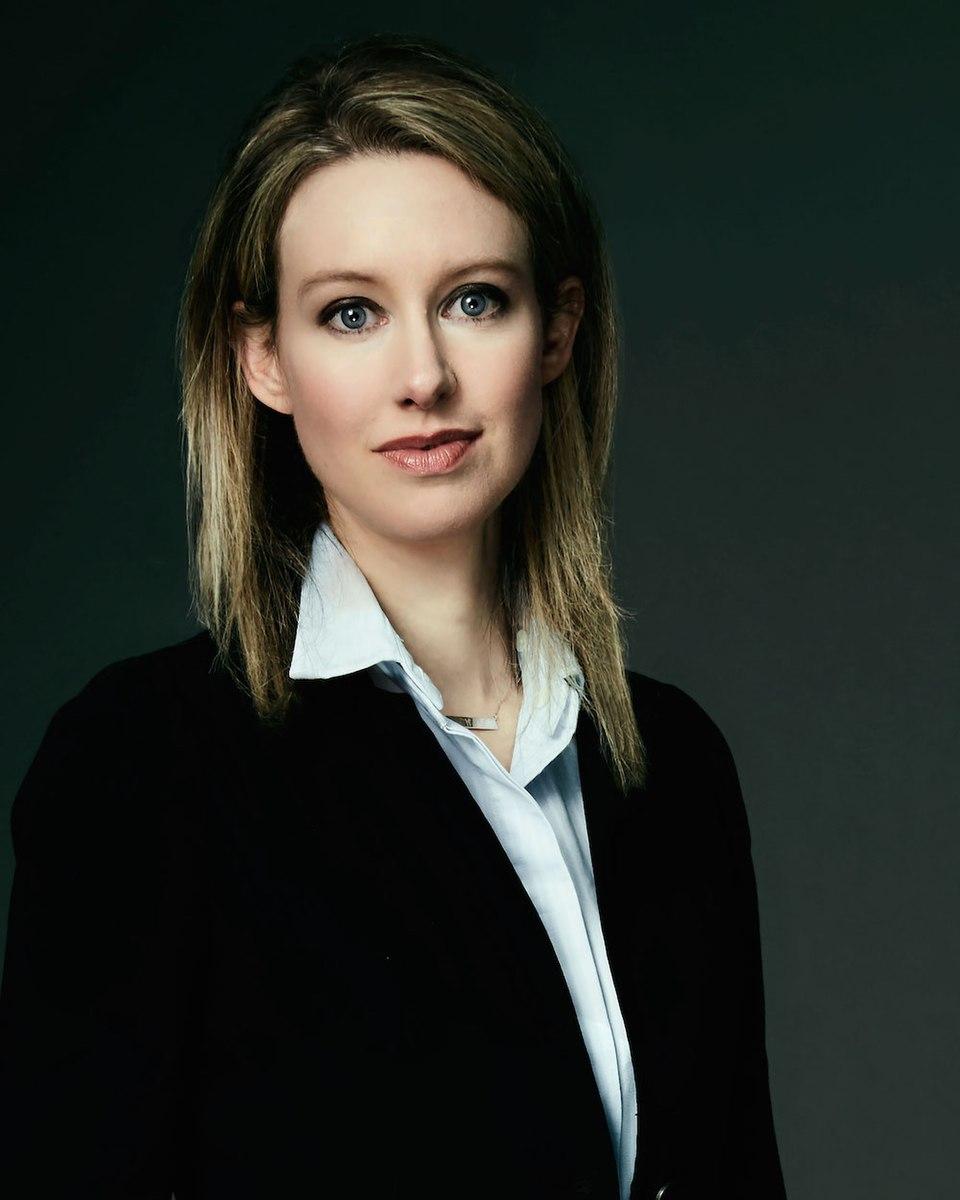After being convicted on four charges of conspiracy and fraud in 2022, former Theranos CEO Elizabeth Holmes began an 11-year sentence at the all-female Federal Prison Camp in Bryan on Tuesday, May 30, concluding a multi-million dollar saga filled with fraud and conspiracy that began with the company’s founding in 2003.
Theranos initially promised to be a revolutionary diagnosis company, needing only a few drops of blood to “detect conditions such as cancer and diabetes quickly.”
Holmes quickly secured multi-million dollar partnerships with Walgreens and Safeway to bring testing locations nationwide, and at one point, was considered one of the wealthiest women in America by Forbes, who valued her at $4.5 billion in 2014.
However, a 2015 investigation by The Wall Street Journal found Theranos “struggled behind the scenes to turn the excitement over its technology into reality,” revealing poor laboratory practice, a lack of reliability in results and more.
A day following the investigation, the U.S. Food and Drug Administration pressured Theranos to halt its signature testing method — tiny vials of finger-pricked blood — for all except its herpes test, concluding “data Theranos submitted [was] insufficient to prove the accuracy of many of its tests.”
The scandal would continue until Safeway ended its partnership with Theranos in November 2015, and Walgreens ended its agreement in June 2016.
The Centers for Medicare and Medicaid Services, the government agency overlooking United States labs, then banned Holmes from operating labs for two years in July 2016.
Partner Fund Management would sue Theranos for $96.1 million in October 2016, and Walgreens followed with a $140 million suit in November 2016, both attempting to recuperate money invested into the company.
The Securities and Exchange Commission, or SEC, then charged Holmes with massive fraud in March 2018, alleging she “misled partners about its technology, … allegedly used modified third-party machinery instead of its own [and] lied about revenue projections.”
Holmes stepped down as CEO of Theranos on June 16, 2018, and federal investigators charged her with wire fraud that same day, alleging she “engaged in a multi-million dollar scheme to defraud investors, as well as a scheme to defraud doctors and patients ….”
Theranos dissolved in September 2018, and Holmes’ trial began in September 2021, where prosecutors indicted her with 11 charges. She was found guilty of one count of conspiracy to defraud investors and three counts of wire fraud in January 2022 and was sentenced to 11 years in prison.
Holmes checked in and began her sentence on May 30 at the all-female Federal Prison Camp in Bryan, a minimum security facility housing 655 total inmates, according to the prison’s website.
According to the prison’s handbook, she will be on a strict schedule involving a 6 a.m. wake-up call and the expectation of working, where she’ll earn between 12 cents and $1.15 an hour, depending on the job.
Inmates can also participate in “seminars, workshops, and continuing education classes” with the opportunity to watch television, play sports and games, make video calls and join hobby craft programs.
The prison offers religious and psychology services alongside a library offering a “variety of reading materials, including … periodicals, newspapers, fiction, non-fiction and reference books.”
The prison enacts disciplinary action against inmates for a variety of reasons, such as “not keeping their cell or room neat, sleeping past the early designated wake-up hour, sharing their phone account with other inmates and leaving an area during an official inmate roll call,” according to BBC.





















